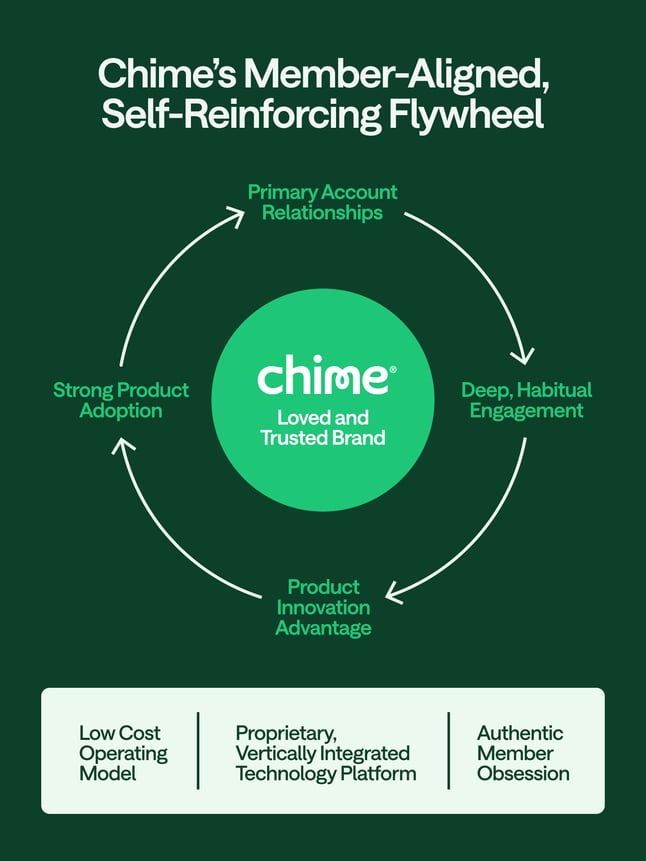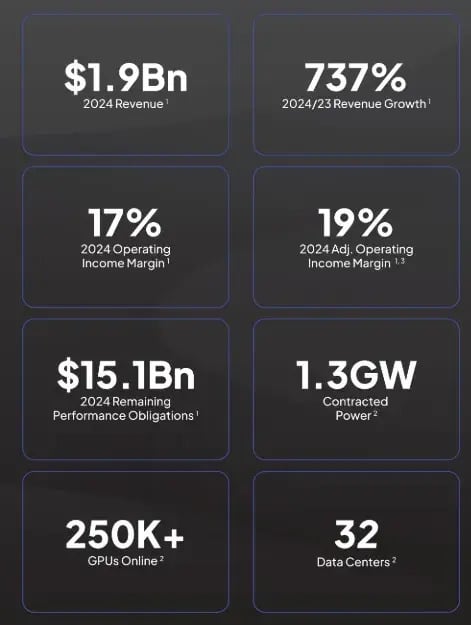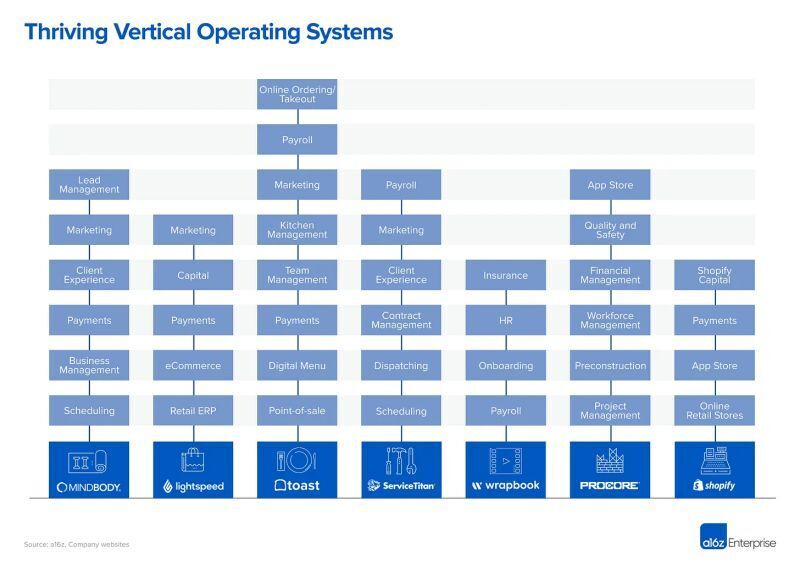
This poll is powered by Brex - the platform built for high performance finance teams.

I was chatting with a late-stage CFO recently. Their company sells enterprise security solutions. Most of it is software, but there’s a sliver of hardware involved… just enough to stir the accounting pot.
Here’s how the numbers break down on a recent multi-year deal:
5-year agreement
$1M / year in recurring software
$400K one-time hardware
Total contract value: $5.4M
But here’s the kicker: The buyer (a Fortune 500 company) cut a check for 80% of the total. For those keeping score at home, that’s $4.32M upfront.
They conveniently lumped it into their CapEx bucket. The remaining 20% is paid in $136K annual installments. And yes, the software and hardware were split into separate POs, with legal language tailored to pass the auditor sniff test.
WTF is going on here???
They’re trying to make OPEX quack like a duck.

If I had spent the last 20 years as Chief Accounting Officer at seven public companies (which I absolutely did not), I’d tell you there’s more to this playbook.
Why This Happens:
Budget Politics: CapEx and OPEX budgets often live in silos. If your OPEX well has run dry, but the CapEx budget has room to run, just change where you charge it to.
ROI Games: And there’s always the element of looking good to your boss (or Wall Street). Not all hurdle rates are created equal. Internal math changes depending on the spend bucket. CapEx might need to recoup the investment dollars over five years; OPEX might need payback in under 12 months.
Depreciation is a CFO’s Best Friend: Perhaps most importantly, CapEx doesn’t all hit your P&L today. It quietly depreciates over time. This defers the expense recognition and helps maintain healthier-looking earnings in the near term.
This isn’t just expense management; it’s optics management.
I remember when I worked at a company selling backup and recovery software. We had a nascent cloud offering, which was offered in subscription form. My first project upon joining the firm was actually building a “Cloud Indifference Model” that made a sales rep indifferent between selling our product as on premise perpetual licenses vs cloud based SaaS.
I understood the incentives on OUR side at the time - it was obvious we wanted reps to sell product in any form the customer wanted. And sales rep commission plans couldn’t be an obstacle.
But what I didn’t full grasp at the moment were the politics of selling a deal on the BUYER’s side. In retrospect, the biggest hurdle to a deal may not actually be the price, but the optics.
It makes you ask yourself:
How will this be presented to win internal buy in on the buyer’s side?
And what can we do (within ethical boundaries) to help them fit this purchase between their guardrails?
For the Accounting Nerds in the Back:
Now, this quackery raises a litany of accounting considerations (which this publicly traded customer most def spilt legal ink contemplating).
The CPAs will remind you:
Capitalizing SaaS is a slippery slope: Most SaaS doesn’t meet the ASC 350-40 bar unless there’s a separable license or it’s self-hosted. If someone’s capitalizing it? They’ve gotten “creative” with the structure, useful life, and definition of what they’re buying.
Cash flow gets reclassified: CapEx hits the investing section of the cash flow statement, which can give your operating cash flow a nice little facelift. Public companies know exactly what story they want their cash flow to tell.
And on the seller side, remember: Revenue rec still applies. Just because you got the check doesn’t mean you book all the revenue immediately. ASC 606 still wants its ratable pound of flesh. Unless it’s hardware or a perpetual license, expect most of that $4.32M to sit in deferred revenue.
So What Does It All Mean?
If you’re selling software:
Know your buyer’s constraints. If CapEx is how they unlock budget and they want to pay upfront? That’s your cheapest financing available.
This is the new reality. “Today, accounting isn’t just the scoreboard… it’s part of the playbook,” the CEO of Quanta, an AI-powered accounting platform, told me.
She added, “And playbooks must be forward-facing, not anchored in the past. Elite accounting teams move with today’s numbers. They grasp how treatment of CapEx vs OpEx impacts not only the financials, but also budgets, compelling storytelling, and even deal-winning.”
Would I buy like this personally? No, I’m not one to play in traffic, or poke SEC bears.

But would I accept the payment?
Tell ‘em we accept everything but FartCoin.
Run the Numbers Podcast
The CFO software ecosystem is highly fragmented and ripe for disruption. Sean Jacobsohn, partner at Norwest, has a front-row seat to the action: He’s backed 10 companies selling to CFOs, while Norwest has invested in 20. Having identified 300 companies in 15 different categories operating in the space, he joined me to share takeaways from his market map of the evolving CFO software stack.
What’s driving disruption
How new players are challenging legacy systems
What it takes for founders to stand out.
The staying power of spreadsheets
The debate between building for verticals versus horizontals
The future of FP&A
How AI agents might reshape the stack
We also take a tour through his Failure Museum - from Burger King Cologne, to Lawn Darts, and even Four Loco, we talk about why they failed and what you can learn from their missteps.
Looking for Leverage
The value of context is at an all time high.
In the age of AI, your most valuable asset might not be your IP, team, or GTM strategy… but your context.
David Breach, President and COO of Vista Equity, put it plainly:
“The risk and opportunity with AI is data sovereignty and control over important and unique data sets and workflows.”
If done correctly, data with context is your moat to both allow you to take advantage of the GenAI opportunity, and also defend yourself against the risk of AI making you the next Chegg. Read on:
Quote I’ve Been Pondering
“When banking stops, credit stops, and when credit stops, trade stops, and when trade stops—well, the city of Chicago had only eight days of chlorine on hand for its water supply. Hospitals ran out of medicine. The entire modern world was premised on the ability to buy now and pay later.”
-The Big Short, by Michael Lewis







